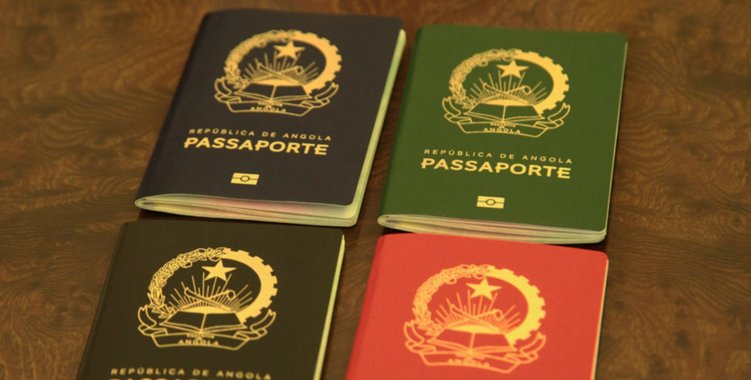According to a statement released on Friday by the Community of Portuguese Language Countries (CPLP), only one of the mobility modes provided for in the agreement - "visa exemption in favor of holders of diplomatic, official, special and service passports - takes place immediately upon entry into force of the agreement" at the beginning of next year.
The mobility agreement, says the Portuguese-speaking organization, will enter into force on January 1st only for Portugal, Cape Verde and São Tomé and Príncipe, which have already delivered the respective instruments of ratification to the organization's executive secretariat – as Portugal did on Thursday. fair, by the hands of the prime minister, António Costa.
In other words, the entry into force of the agreement "does not result in the immediate application of the visa exemption regime in the CPLP, not even" for these three countries.
"The agreement establishes the legal basis on which greater mobility and circulation in the CPLP space will be built", and which identifies, in a "non-exhaustive way, the different mobility modalities".
According to the same note, "the application of other mobility modalities (such as, for example, exemption from visas in common passports) requires the establishment of additional instruments of partnership between two or more parties".
"In these instruments, the States Parties (ie, those where the agreement is in force) freely choose the mobility modalities, the groups covered and the other parties with which they establish the aforementioned partnership, in line with the principle of flexibility provided for in the agreement", also called "variable geometry".
For the other Member States, and as foreseen in the agreement, entry into force will take place after the delivery of the respective instruments of ratification to the secretariat.
Speaking to RTP, the Minister of State and Foreign Affairs, Augusto Santos Silva, explained that the new regime, which will also require an "adaptation of national legislation", will apply to "citizens of all other Portuguese-speaking countries".
"From next year, those who come to reside for study or work will only need to show that they are, therefore, with an identity card, that they have the necessary passport to carry out the trip and that they have a good criminal situation", he said.
The agreement, he added, "does not mean the facilitation of short-term visas: Schengen visas, for tourism, will continue to be necessary", but "national visas, for study or work, will automatically be granted".
The mobility agreement was signed in Luanda, on July 17, at the XIII Conference of Heads of State and Government of the CPLP, in which Angola assumed the presidency of the organization until 2023.
On Thursday, António Costa handed over to the executive secretary of the CPLP, Zacarias da Costa, the instrument of ratification by Portugal of the Agreement on Mobility between the member states of the organization, stressing that it was "a very important act of political affirmation".
Of the other Member States, Mozambique has already ratified the document, but has not yet formalized its delivery to the CPLP, and Angola and Guinea-Bissau have already approved it at the level of parliament.
The agreement, to enter into force, needed to be ratified by three of the nine countries in the organization.
The proposed mobility agreement establishes a "framework for cooperation" between all Member States in a "flexible and variable" way and, in practice, covers any citizen.
States are provided with a range of solutions that allow them to assume "commitments arising from mobility in a progressive manner and with different levels of integration", taking into account their own internal specificities, in their political, social and administrative dimensions.
In this context, they have the "freedom (...) to choose the mobility modalities, the categories of people covered", as well as the countries of the community with which they wish to establish partnerships.
The agreement defines that CPLP mobility covers holders of diplomatic, official, special and service passports and ordinary passports.
The issue of facilitating circulation has been debated at the CPLP for about two decades, but it received greater impetus with a more concrete proposal presented by Portugal at the summit in Brasilia, in 2016, and became the priority of the rotating presidency of the organization of Cape Verde, from 2018 to 2021.
Angola, Brazil, Cape Verde, Guinea-Bissau, Equatorial Guinea, Mozambique, Portugal, São Tomé and Príncipe and East Timor are the nine member states of CPLP, an organization that celebrates its 25th anniversary this year.







